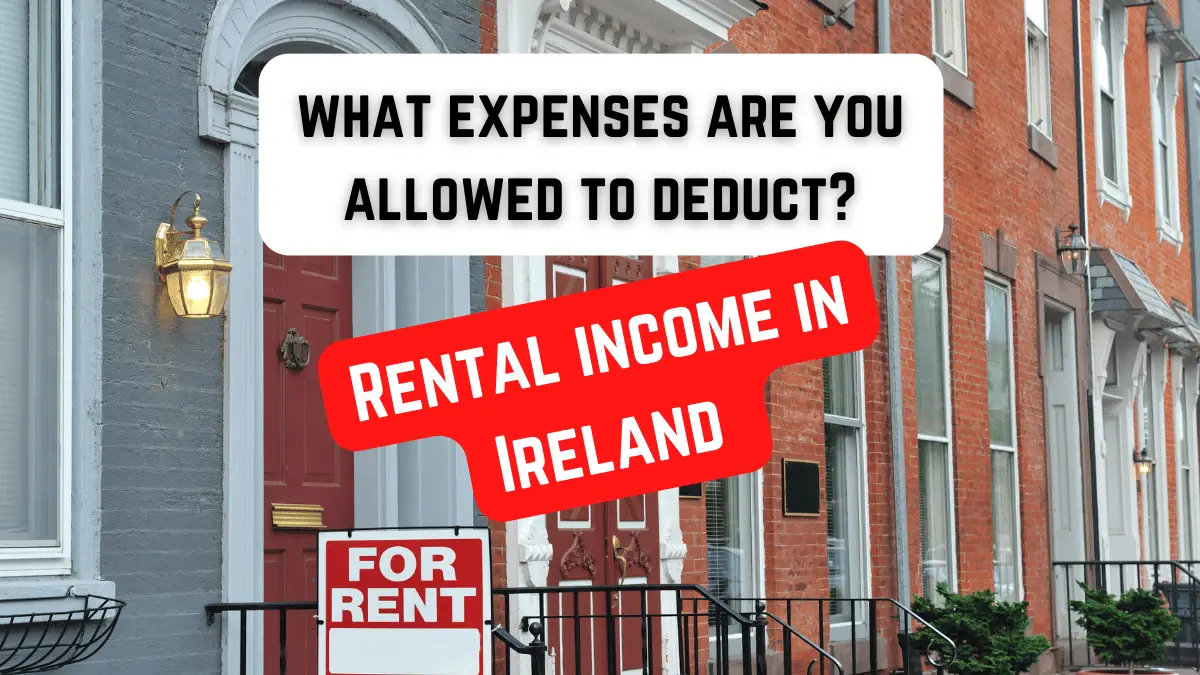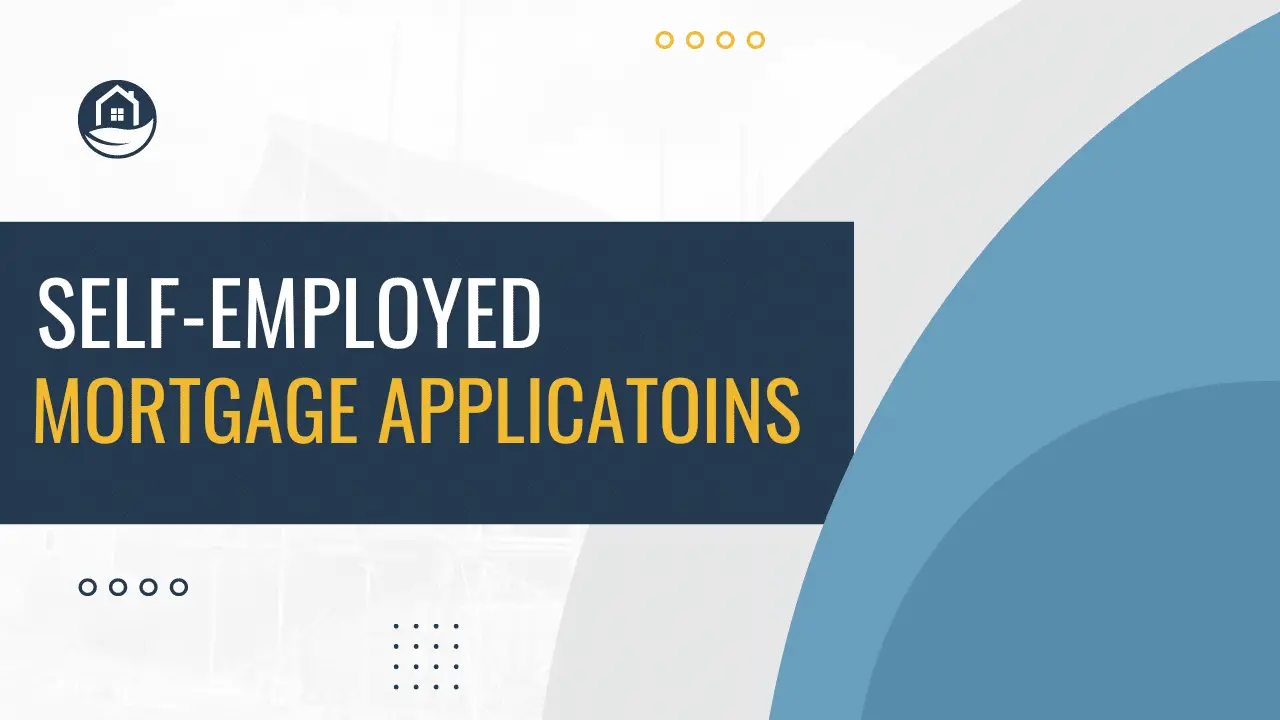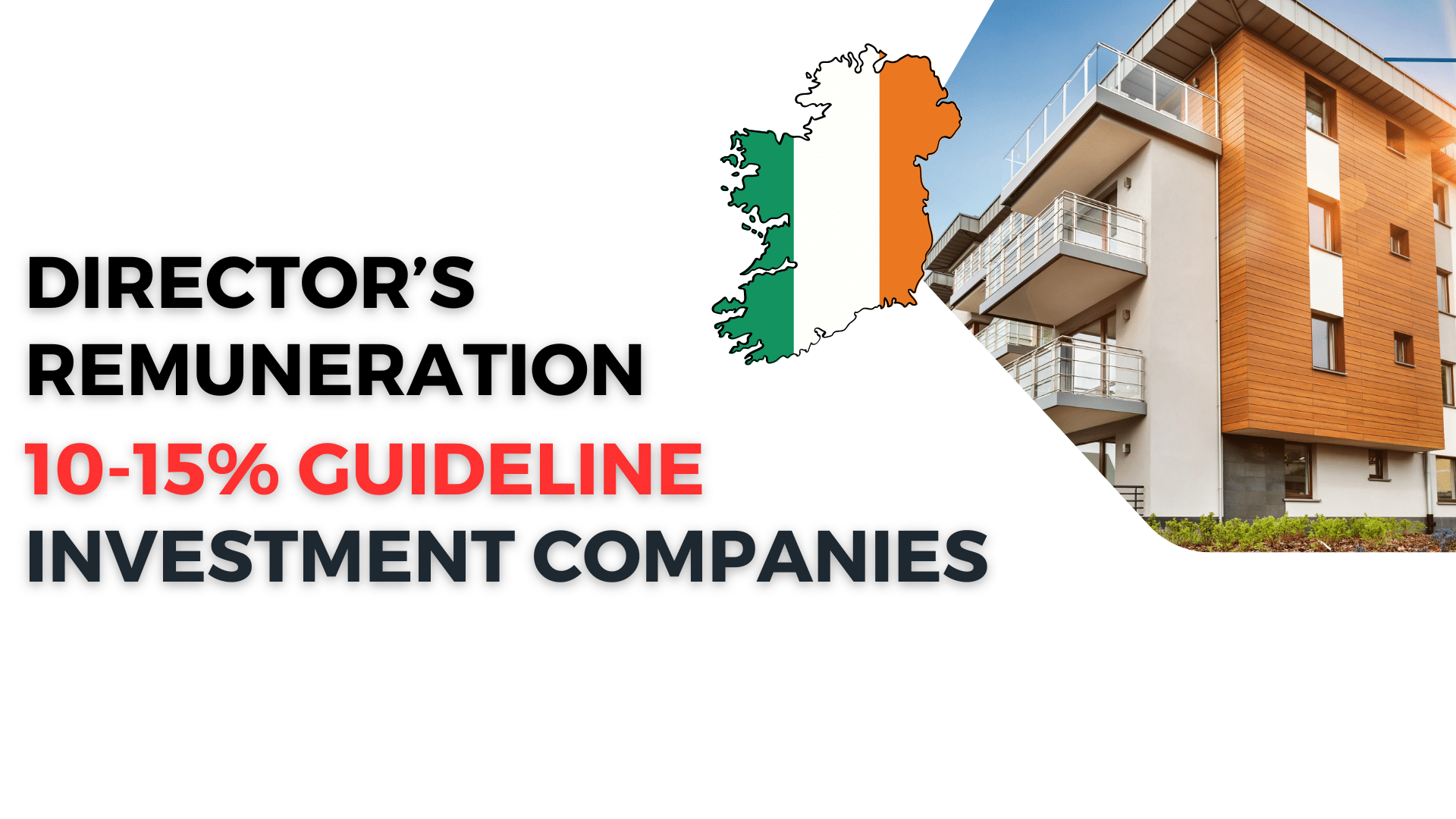Did you know that you only pay tax on the profits you make from your rental property, and there are certain expenses you are allowed to deduct before coming to the taxable amount?
Taxable Rental Income = Gross Rental Income – Allowable deductions
The only area that requires a bit of attention is trying to decide what expenses you made during the tax year are allowable deductions and what expenses are not allowable.
In this blog post, we will cover all of the possible expenses you will come across, and we will categorise them as allowable or non-allowable.
How rental income is taxed in Ireland
Calculating the amount of your rental income that is taxable is a relatively easy computation.
Taxable Rental Income = Gross Rental Income – Allowable deductions
Landlords will only have to pay tax on the profit that they make from renting out the property – this means you are allowed to deduct certain expenses from the income earned before coming to your taxable amount.
Once you have calculated your taxable rental income, the rate of tax that you pay will depend on your other sources of income, personal circumstances (single, married, widowed, etc.), and any other tax credits you have claimed in that particular tax year.
Your rental income will be added to your PAYE income or self-employed income and then will be subject to PAYE, USC and PRSI as usual.
The tax form you will need to submit will depend on whether chargeable (Form11) or non-chargeable person (Form 12).
What expenses ARE allowable deductions?
Below is a list of expenses which can be deducted when computing your taxable profit from renting out a property (All inclusive of VAT).
REMEMBER- if the costs must be time apportioned if they fall in two financial years.
Mortgage Interest – if the property has been mortgaged, then the interest portion of the mortgage repayment may be used as an allowable deduction. Note you must be registered with the RTB to claim this relief.
Rates – waste collection, water rates
Cost of registering with the Residential Tenancies Board (RTB)
Advertising – the cost of advertising the letting in local papers or on websites such as Daft.ie
Light and Heat – if gas and electricity is paid by the landlord then it is an allowable expense.
Other Services – telephone, broadband, TV license.
Insurance Costs – including public liability insurance.
Repairs and Maintenance – cleaning, painting and other servicing of the property.
Management services – if you outsource the management of the property to an agency then these fees are also deductible.
Accounting fees – if you have an accountant prepare your accounts and tax return each year, then this cost can also be deducted.
Mortgage Protection Policy Premiums – only on policies that are aimed at covering the full amount left outstanding on a person’s mortgage if she or he dies.
Legal fees – the cost of preparing legal agreements, as well there may be circumstances where disputes may need to be resolved and any solicitors fees incurred may be deducted.
Capital Allowances – you will not be able to deduct the full cost of capital items such as couches, beds, tables, and TVs in the first year. The cost of capital items must be spread out over 8 years (12.5% per year).
For example, if you bought a TV worth €800 for the property you are renting out, then €100 may be used as a taxable deduction in the first year, €100 in the second year, and so on.
What expenses are NOT allowable?
Not all expenses you incur will be deductible, let us now go through a couple that you need to keep an eye out for that are not allowable deductions.
Pre-letting expenses – except in certain circumstances (covered in the next section)
Post- letting expenses – you can only deduct expenses that relate to a time when the property was let out (unless the property has been vacant for a certain amount of time – see next section).
Capital Improvements to the Property – if for example, you add an extension to the property, you will not be allowed to include it in your capital allowances (unless some specific government initiative allows for it).
Mortgage Interest – only at times when the property is vacant.
Local Property Tax
What about pre-letting expenses?
2017 was the first time the government allowed for certain pre-letting expenses, up to a limit of €5,000, to be claimed as tax deductions against Case V rental income for vacant properties, once the property had been vacant for a period of 12 months.
Budget 2023 revealed the government’s plan to further increase this limit to €10,000 and a reduction of the time limit the property needs to be vacant to 6 months to help bring more properties back into circulation.
Disclaimer: This blog post is for informational and educational purposes only and should not be construed as financial advice.








